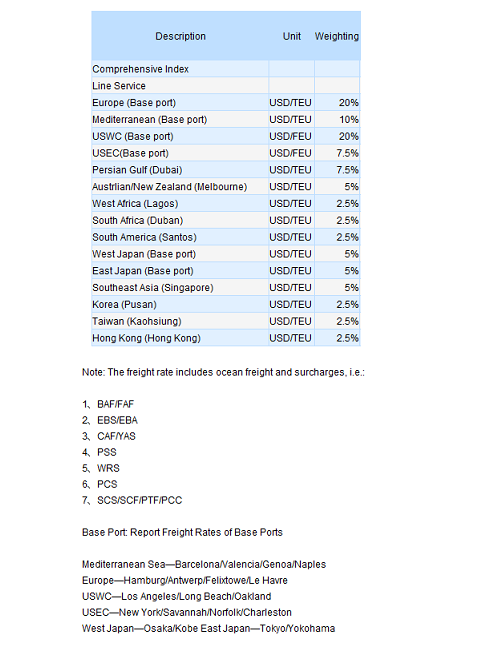Posted by FT Alphaville on Feb 24 11:22.
Hitting the wires at pixel time — an astonishing promise:
RIYADH, Feb 24 (Reuters) – Saudi Arabia is willing and able to supply high quality, light oil to replace any lost Libyan crude, senior Saudi sources said on Thursday.
“Saudi is willing and capable of supplying oil of the same quality, either Arab extra light or through blending,” one source said…
Some West African crude, such as Angolan crude can also be redirected to Europe, the sources said, while Saudi Arabia could temporarily send extra oil to Asia to compensate.
Well, the feasibility of a straight Libyan-Saudi swap has been an issue. Needless to say, prices of Arab Light and Arab Extra Light have been spiking sharply higher following the chaos in Libyan production:
This, though, appears to be offering a complicated, global swap of oil products — one which leaves Saudi Arabia relatively exposed to the market’s current gyrations. For one thing, blending means that they would need ready access to condensates and other components. It’s also by no means easy to create a perfect substitute, even with blending.
Meanwhile, it’s also worth noting that Saudi Aramco announced only days ago that it would become active in the swaps market — a move which has reportedly been in the pipeline for some time:
Aramco, one of the largest exporters of fuel oil and naphtha into East Asia as well as a net importer of gas oil, is also expected to make its debut in the oil swaps market when it starts trading, traders said…
Aramco, which had already started optimising production for the past one to two years, is expected to trade conservatively in the swaps market, mainly for hedging purposes and not be seen as engaging in market-moving trading plays, the traders added.
This could prove useful for hedging any unanticipated basis risk brought about crude differential exposure.
A bit like the central bank of oil opening itself up for a swap line arrangement — but in a scenario in which Saudi Arabia becomes the equivalent of the Fed, with a euro shortage problem.
Although there is one fly in the ointment, however — unrest hitting Saudi itself. Protests are currently scheduled for a ‘Day of Rage’ on March 11, although it’s a fast-changing situation as eyes flash from Tripoli — to Riyadh.
By Joseph Cotterill and Izabella Kaminska



No hay comentarios:
Publicar un comentario